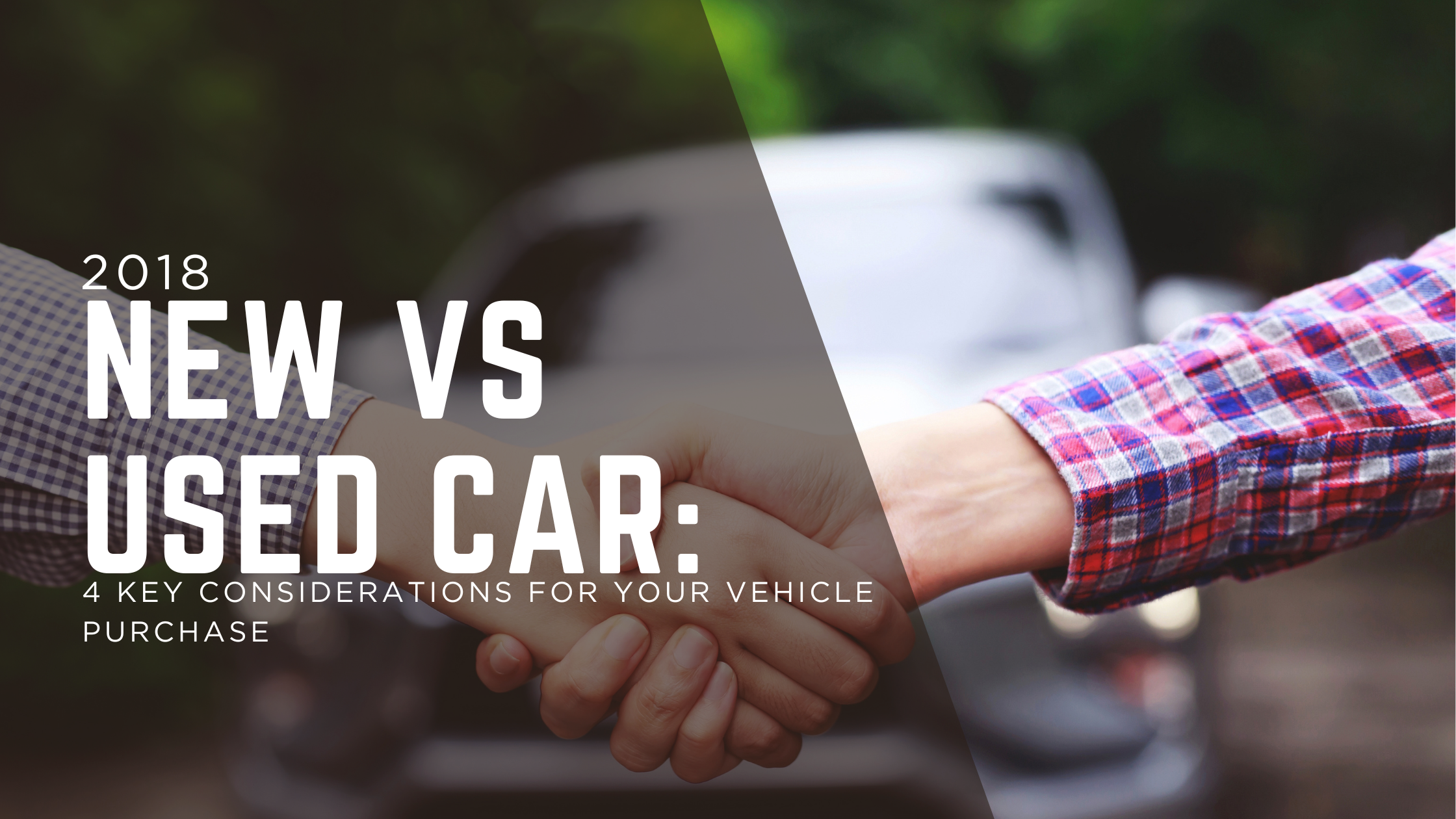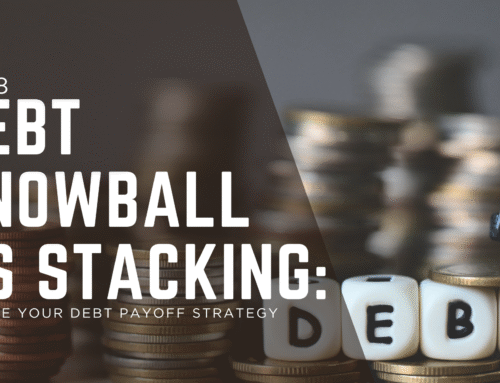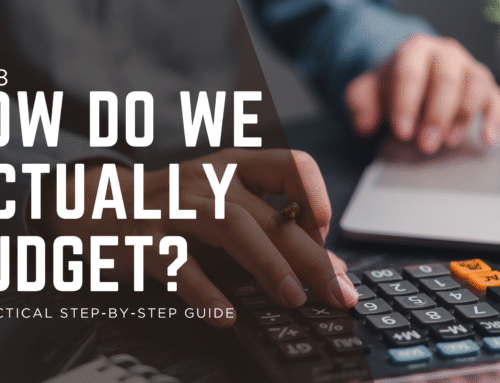
🚗 This Week: New vs Used Car Decision
Following our discussion of vehicle savings rules, let’s explore the critical factors to consider when deciding between a new or used car for your next purchase.
1. Do You Have a Down Payment or Trade-In?
The smart financial move is to pay for your car in cash and avoid a loan altogether. If that’s not possible, you should at least have a sizeable down payment. In fact, with a used car, a down payment or trade-in is almost always required.
New Car Financing
- Often offers 0% financing deals
- May require smaller down payments
- Manufacturer incentives available
- Longer loan terms possible
Used Car Financing
- Higher interest rates typically
- Larger down payment often required
- Shorter loan terms
- More stringent credit requirements
⚠️ The Zero Down Payment Trap
Some financial institutions might cover the down payment, meaning you can put zero down—if you have good credit. This option might be tempting, but it’s also risky.
The Risk: If you suddenly lose your job and need to sell this expensive new car, the best you’ll probably be able to get is about 80% of the asking price. If you’ve made no down payment, even selling the car immediately will leave you with 20% of your loan unpaid and nothing to show for it.
💡 Smart Down Payment Strategy
Aim for at least 20% down payment to avoid being “upside down” on your loan (owing more than the car is worth). This also reduces your monthly payments and total interest paid.
2. Should You Take the Depreciation Hit?
Some new cars can depreciate up to 50 percent in the first three years. With a used car, much of that depreciation has already taken place. Of course, if you plan on driving your car into the ground, its depreciation won’t matter as much.
📉 New Car Depreciation
- Loses 20-30% in first year
- Loses 50%+ in first 3-5 years
- Highest immediate value loss
📈 Used Car Depreciation
- Slower depreciation rate
- Previous owner absorbed biggest hit
- Better value retention
🔄 Long-Term Ownership
- Depreciation matters less over 10+ years
- Focus shifts to reliability and maintenance
- Resale value becomes less important
3. Can You Afford to Maintain a Used Car?
If you decide to buy used, there’s a chance that you’ll inherit maintenance problems. If you buy a newer-used car, you might still be under warranty, but older used cars will likely require more maintenance spending.
🔧 Maintenance Budget Guidelines
- New car (0-3 years): Mostly covered by warranty
- Used car (3-7 years): Budget $500-1,000 annually
- Older used (7+ years): Budget $1,000-2,000+ annually
- Always: Get a pre-purchase inspection
4. Can You Afford the Time a Used Car Spends in the Shop?
Along with the maintenance costs, a used car may spend more time in the shop. Does your lifestyle allow for that down time? With a new car, you don’t have to worry about this as much, especially during the warranty period.
⏰ Lifestyle Considerations
Ask yourself these critical questions:
- Do you rely on your car for daily commuting?
- Do you have alternative transportation options?
- Can your work accommodate unexpected absences?
- Do you have young children requiring reliable transport?
- Is your income dependent on your vehicle?
✅ Making Your Final Decision
You should make a sound financial decision based on your situation. Overall, consider your down payment or trade-in options, weigh the depreciation impact, evaluate maintenance costs, and assess your tolerance for potential downtime.
🏠 Coming Next Week: Homeownership
Stay tuned as we shift gears from vehicle purchases to one of life’s biggest financial decisions: homeownership. We’ll explore the costs, benefits, and key considerations of buying vs renting.
“A wealthy person is simply someone who has learned how to make money when they’re not working.” – Robert Kiyosaki
📚 Related Vehicle Content
If you missed our previous vehicle buying guides, check out The 20/4/10 Rule for Car Buying.







